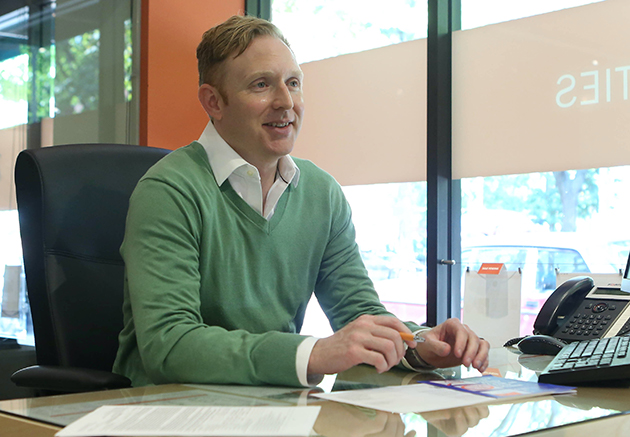1st Rule: Don’t Overprice!
Trying to sell your home’s worth for more than the market can predict may sound like a good idea….until it doesn’t sell. Many homeowners assume they could always just lower the price “down the road” if it doesn’t sell. While they can, they have actually already hurt their chances of selling at the “right price” by starting out at an over priced.
Let’s say you think your home is worth $150,000 based on what similar homes are being listed for in your neighborhood. You decide to price your home at $165,000 to see if you can make a better return. Buyers who will be searching for homes in the price range of $160,000 to $170,000 may see your home, but they will be viewing nicer homes in that price range that have been priced right. Why would a buyer want to pay more for your home versus a nicer home in the same price range?
This homeowner may think he or she can just lower the list price of their home if it does not sell at the inflated value and buyers will rush for the door. Sadly, this may not happen. While this home was overpriced, buyers were already purchasing the competition between $140,000 and $150,000. While the home was on the market at $160,000, the owners were losing that valuable time when something “new and shiny” hits the market. There is a difference for buyers between a new listing at the right price and an older listing whose price has just been lowered.
Here are some questions buyers will be asking themselves:
What is wrong with property if it couldn’t sell at that price?
What is wrong with the property if it is still on the market after x number of days?
So….what should you price your home at? The Fair Market Value
Fair Market Value is the price agreed upon and in which the money and property exchange hands between a home buyer and home seller. Fair Market Value is a price in which the general buying public is willing to pay. Both buyer and seller must be willing and informed to buy/sell the piece of real estate in an arms length transaction. A transaction where neither party is desperate to sell or buy and where the property is given reasonable exposure to the open market. Basically, the value of a home in which you will sell.
Remember these three things when pricing your home:
1. As a home seller, you control the setting of the market price; however, the buyer determines the ultimate market value.
2. When you price your home above its market value, fewer buyers will show interest in
your property.
3. In the end, the price you set and the interest you create should reflect your ultimate selling goals.

